The car engine is often called the heart of the vehicle. It is the crucial component that provides the power needed for a car to operate. Understanding the various parts of a car engine is essential for drivers and car enthusiasts alike. Familiarity with these components can help identify issues and perform necessary maintenance. This article will explore the fundamental parts of a car engine, common problems associated with them, and practical maintenance tips for prolonging the engine’s life.
Understanding the Engine Components
Engine Block
The engine block is the main structure of the engine. It houses the cylinders, pistons, and crankshaft. The engine block is typically made of cast iron or aluminum, providing strength and durability. Its design is essential for both the performance and temperature regulation of the engine.
Inside the engine block, the cylinders are usually arranged either in a straight or V configuration. Each cylinder contains a piston that moves up and down, converting fuel into kinetic energy. Understanding the role of the engine block is crucial, as any damage or wear in this area can lead to severe engine problems.
Cylinder Head
The cylinder head is mounted on top of the engine block and plays a vital role in the combustion process. It contains the intake and exhaust valves, spark plugs, and fuel injectors, depending on the engine design. The cylinder head seals the combustion chamber, helping to maintain pressure during the power stroke.
Any leaks or defects in the cylinder head can lead to performance issues and decreased efficiency. Common symptoms of a faulty cylinder head include overheating, rough idling, or significant oil consumption. Monitoring the condition of the cylinder head is essential for maintaining a healthy engine.
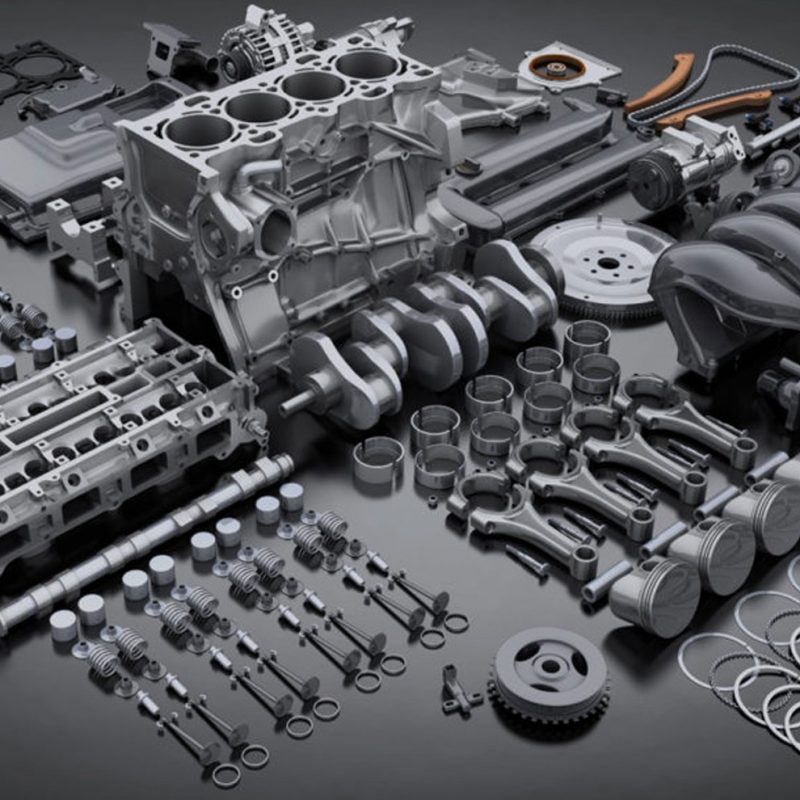
The Fuel System
Fuel Injectors
Fuel injectors are critical components of the fuel system. They spray a precise amount of fuel into the engine’s combustion chamber, enabling the combustion process. Modern engines typically use electronic fuel injectors, which provide better efficiency and control compared to older carburetor systems.
Common issues with fuel injectors include clogging and leaks. Clogged injectors can lead to poor engine performance, such as rough idling and decreased power. Regular cleaning can help maintain injector functionality, enhancing overall engine performance.
Fuel Pump
The fuel pump is responsible for transporting fuel from the gas tank to the engine. It pushes the fuel through the fuel lines and into the fuel injectors. A failing fuel pump can lead to engine stalling, difficulty starting, or reduced power.
Regularly checking the fuel pump and filter is essential for maintaining the fuel system. If a fuel pump becomes noisy, it may indicate a problem. Address any unusual sounds or performance issues promptly to avoid more severe engine damage.
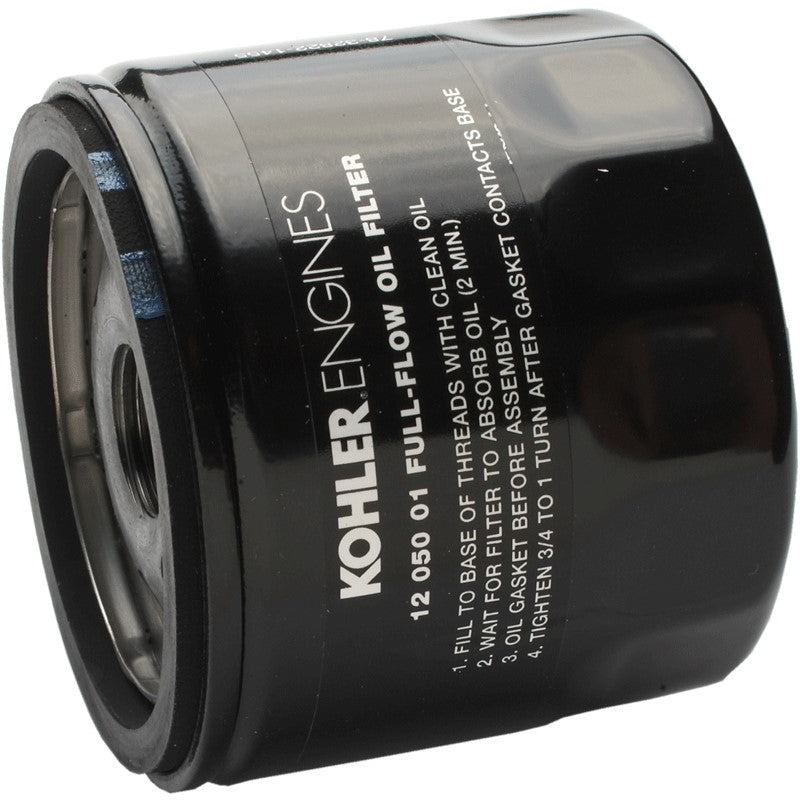
The Cooling System
Radiator
The radiator is part of the cooling system that helps regulate engine temperature. It works by dissipating heat generated during the combustion process. The radiator contains coolant, which absorbs heat from the engine and is then cooled by airflow through the radiator fins.
Common issues with the radiator include leaks and clogs. A leaking radiator can lead to overheating, which can severely damage the engine. Regularly inspecting the radiator for signs of damage or corrosion helps prevent these problems.
Water Pump
The water pump circulates coolant throughout the engine and radiator, maintaining optimal operating temperatures. A faulty water pump can cause overheating or coolant leaks. Signs of a failing water pump may include a sudden increase in engine temperature or the presence of coolant under the car.
To ensure a properly functioning cooling system, replace the water pump as part of routine maintenance, typically every 60,000 to 100,000 miles. Keep an eye on the temperature gauge while driving, and address any unusual readings immediately.
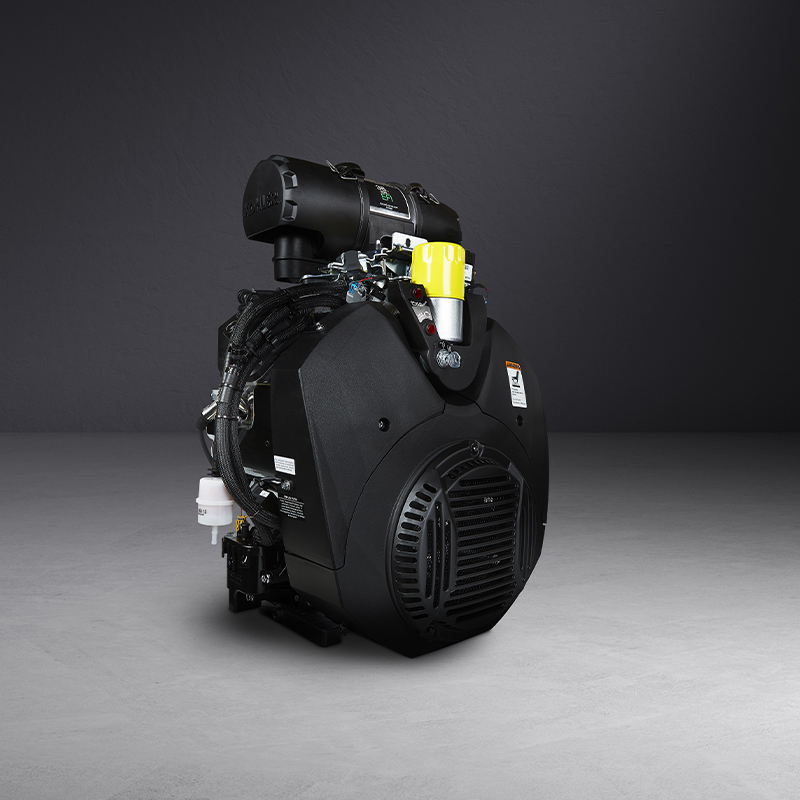
The Lubrication System
Oil Pump
The oil pump is responsible for circulating engine oil throughout the engine, lubricating moving parts and reducing friction. Proper lubrication is essential for preventing wear and overheating. The oil pump operates under high pressure, so a malfunction can lead to significant engine damage.
Signs of oil pump failure include low oil pressure readings and unusual engine noises. Regularly checking the oil level and quality is vital for maintaining the oil pump’s efficiency. Change the oil and filter at recommended intervals to maintain the entire lubrication system.
Oil Filter
The oil filter removes contaminants from the engine oil, ensuring that only clean oil circulates. A clogged oil filter can lead to reduced oil flow and increased engine wear. It’s essential to replace the oil filter every time you change the engine oil.
Using high-quality oil filters can improve engine performance and longevity. When selecting oil filters, ensure compatibility with your vehicle’s engine specifications. Regular oil and filter changes are crucial for maintaining engine health.
The Exhaust System
Exhaust Manifold
The exhaust manifold is responsible for directing exhaust gases from the engine’s cylinders to the exhaust system. It collects gases and channels them away from the engine. A well-functioning exhaust manifold helps improve engine performance and efficiency.
Common issues with exhaust manifolds include leaks, which can lead to increased noise and reduced power. Signs of a leak may include a hissing sound or the smell of exhaust inside the vehicle. Regular inspections and repairs can prevent more significant problems down the road.
Catalytic Converter
The catalytic converter converts harmful exhaust gases into less harmful emissions before they exit the exhaust system. It plays a critical role in meeting environmental standards and maintaining air quality. Over time, a catalytic converter can become clogged or damaged.
Clogged catalytic converters can lead to symptoms such as reduced engine power and increased fuel consumption. If a check engine light appears, have the system diagnosed promptly to identify any issues related to the catalytic converter. Regular maintenance helps in keeping the exhaust system functioning effectively.
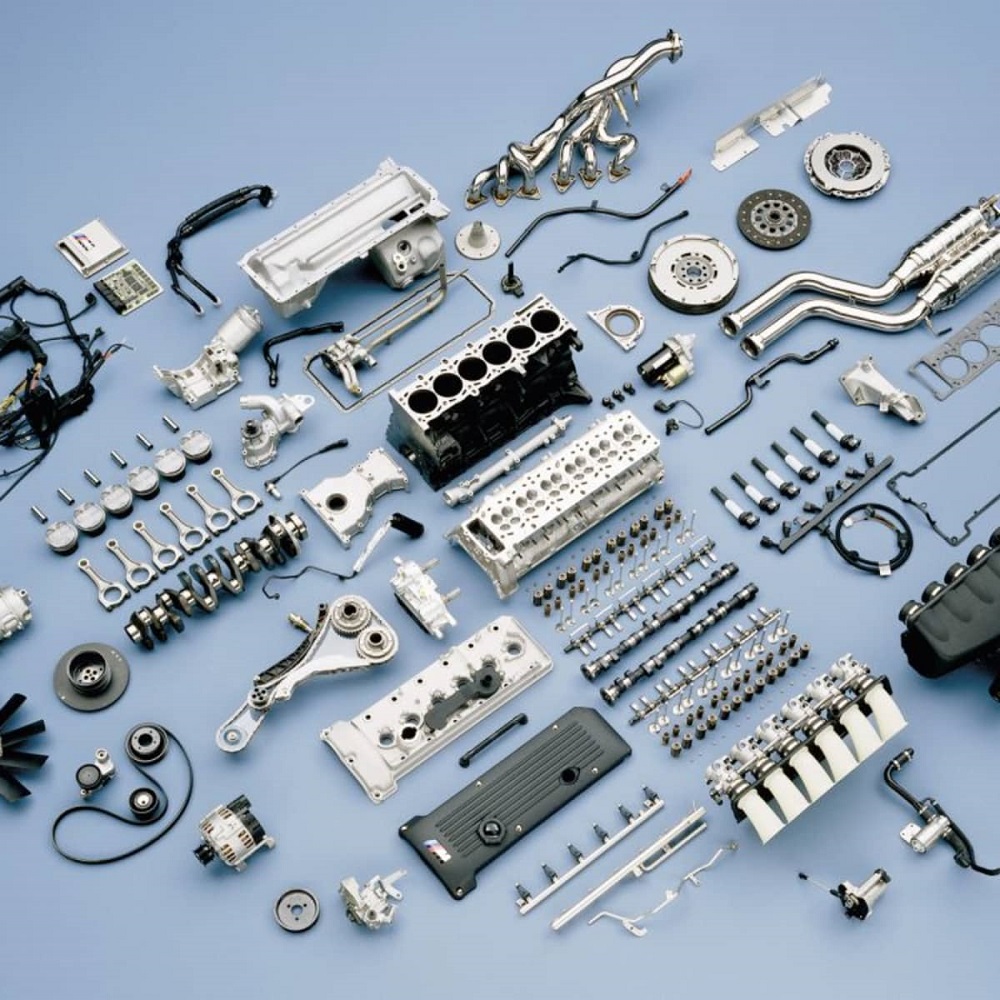
Ignition System
Spark Plugs
Spark plugs ignite the air-fuel mixture in the combustion chamber, initiating the combustion process. They are essential for engine performance and efficiency. Over time, spark plugs can wear out or become fouled, leading to misfires and rough idling.
Regularly checking and replacing spark plugs is important for optimal engine function. Most manufacturers recommend replacing spark plugs every 30,000 to 100,000 miles, depending on the type. Using the correct type of spark plug for your vehicle ensures proper ignition and efficiency.
Ignition Coil
The ignition coil transforms battery voltage into the high voltage needed to ignite the air-fuel mixture. If the ignition coil fails, the engine may experience misfires, reduced power, or difficulty starting.
Signs of ignition coil issues include engine misfires and poor fuel economy. Inspecting and replacing faulty ignition coils promptly can prevent further engine problems. Conducting routine checks ensures the ignition system remains in optimal condition.
Regular Maintenance Tips
Routine Inspections
Regular inspections of your engine components can help identify potential problems early. Checking fluid levels, such as oil and coolant, ensures the engine runs smoothly. Monitoring the engine’s overall condition allows for timely maintenance and repairs.
Create a maintenance checklist that includes checking tires, brakes, and lights along with engine components. Visiting a qualified mechanic for routine inspections can also ensure that everything is functioning properly. Having a professional evaluate your engine can help catch issues before they become major problems.
Keeping a Maintenance Schedule
Establishing a maintenance schedule is essential for prolonging the life of your engine. Follow your vehicle manufacturer’s guidelines for oil changes, filter replacements, and inspections. Consistency in maintenance is key to preventing major failures and costly repairs.
Record all maintenance activities to track your vehicle’s history and make it easier to identify any patterns or recurring issues. By keeping an organized log, you’ll be better prepared to address future problems and ensure your vehicle remains reliable over time.
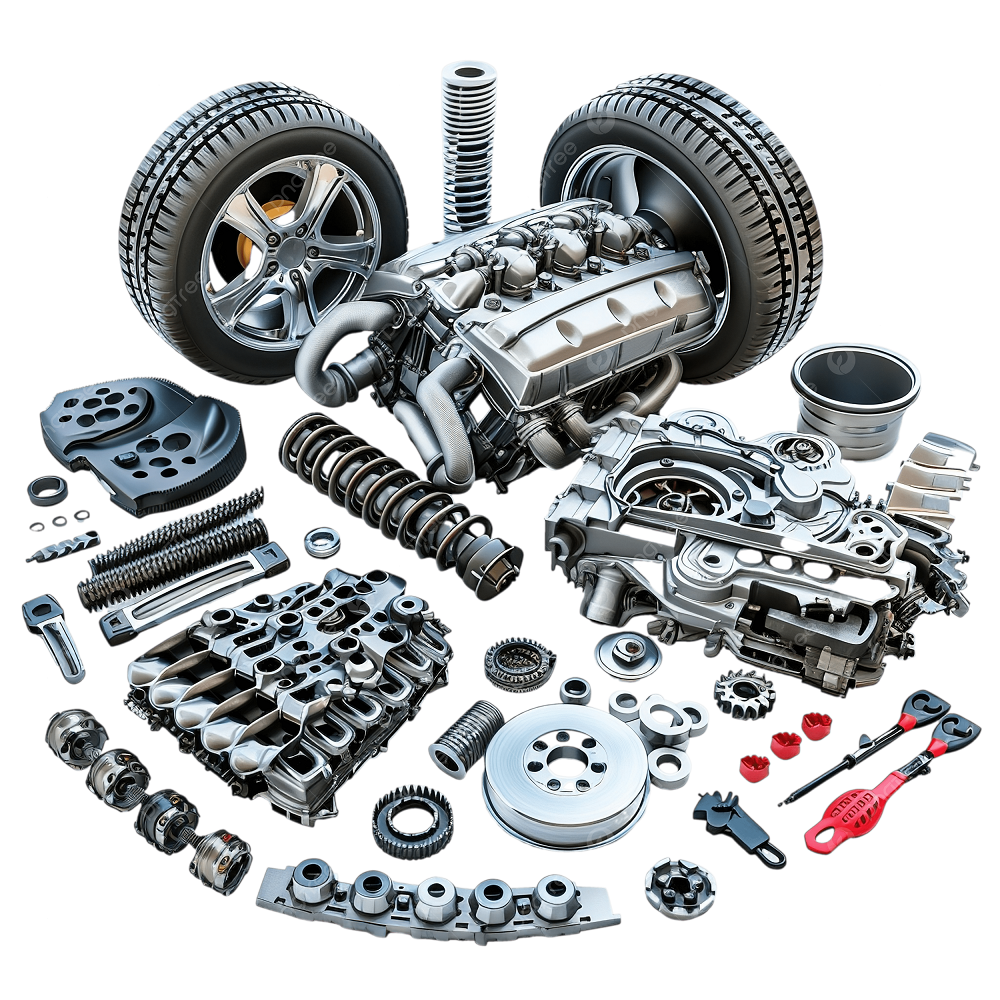
Maximizing the Life of Your Engine
In conclusion, understanding the various parts of a car engine, from the engine block to the ignition system, is vital for any car owner. Identifying common issues and following maintenance tips can greatly prolong the life of your vehicle. Regular inspections, timely repairs, and adherence to a maintenance schedule will ensure your car remains in excellent working condition.
Taking a proactive approach to engine care will not only enhance performance but also contribute to overall vehicle safety. Whether you are a new driver or a seasoned car enthusiast, being equipped with knowledge about your engine will empower you to make informed decisions about your vehicle’s maintenance. Remember, a well-maintained engine is the key to optimal performance and longevity, making your driving experience enjoyable and trouble-free.

Leave a Reply